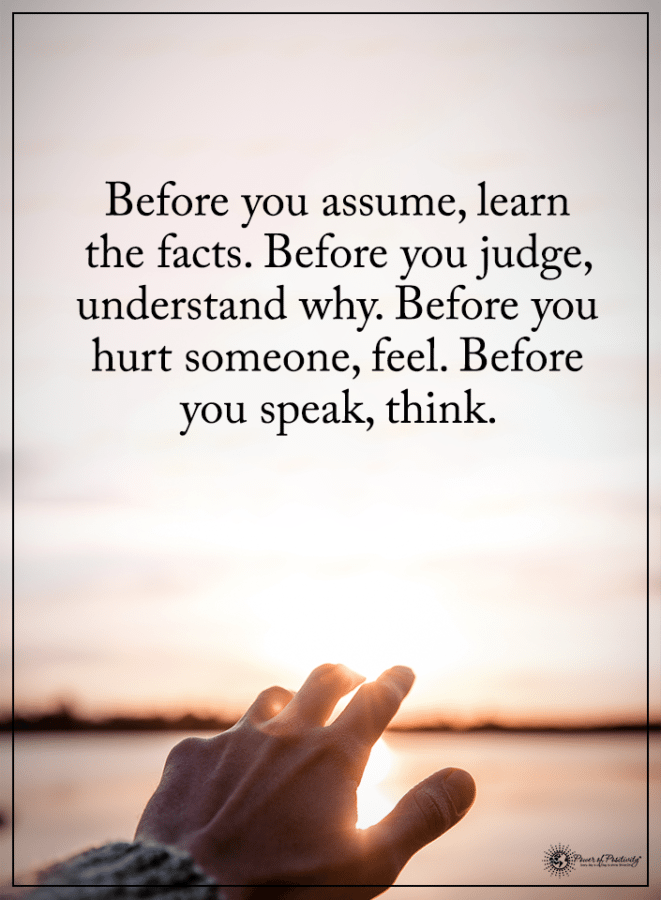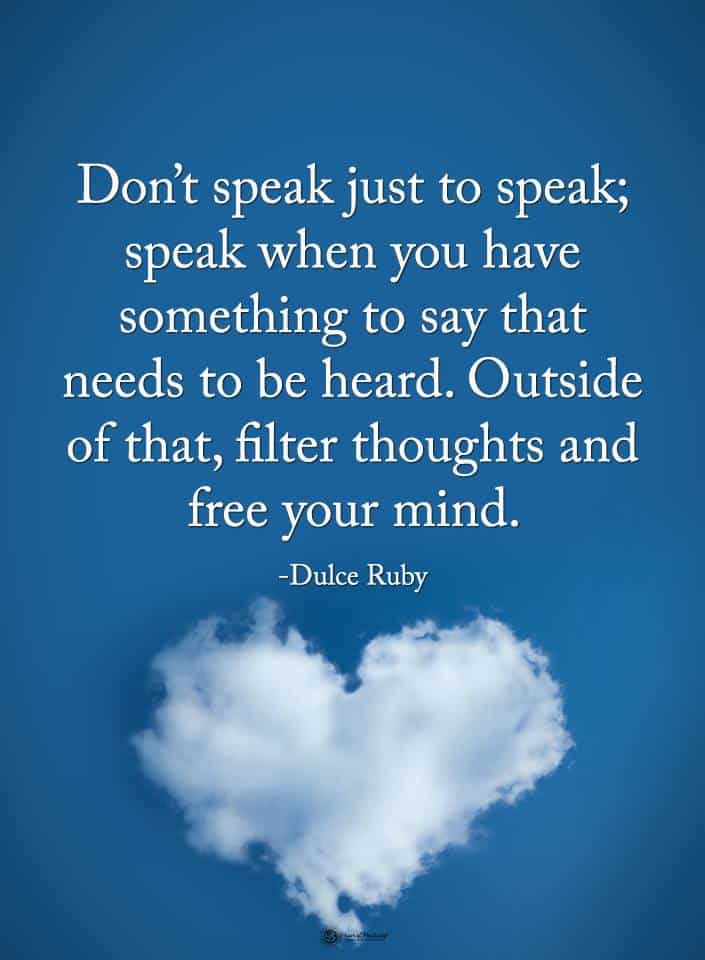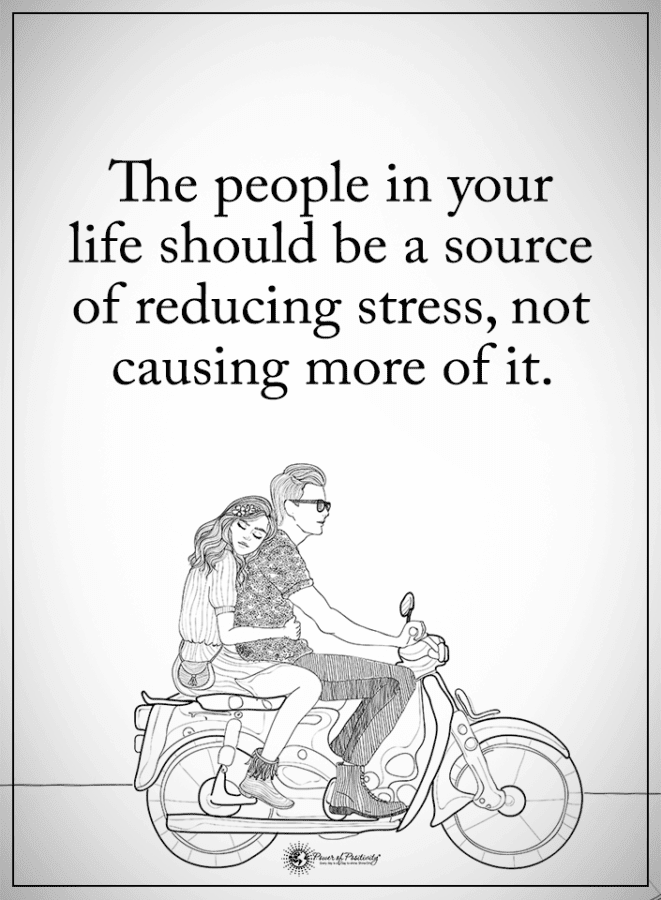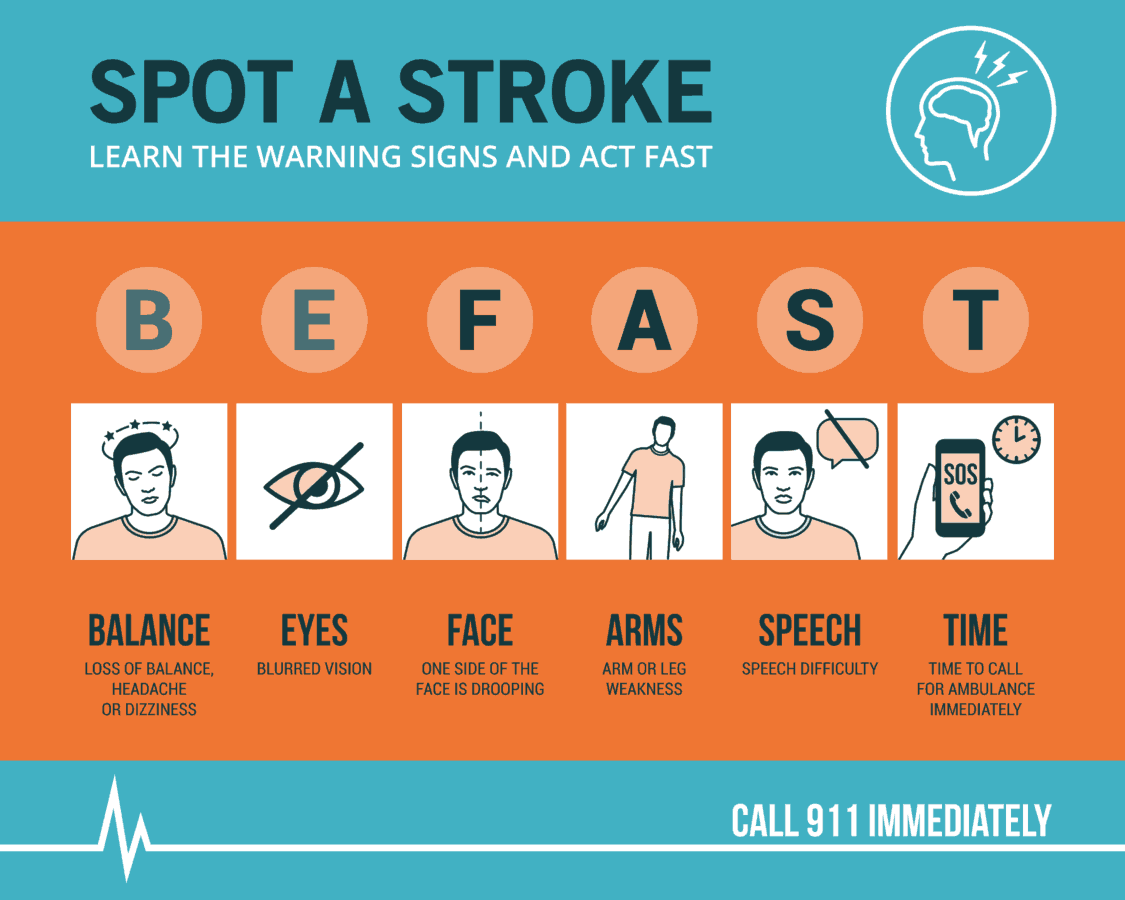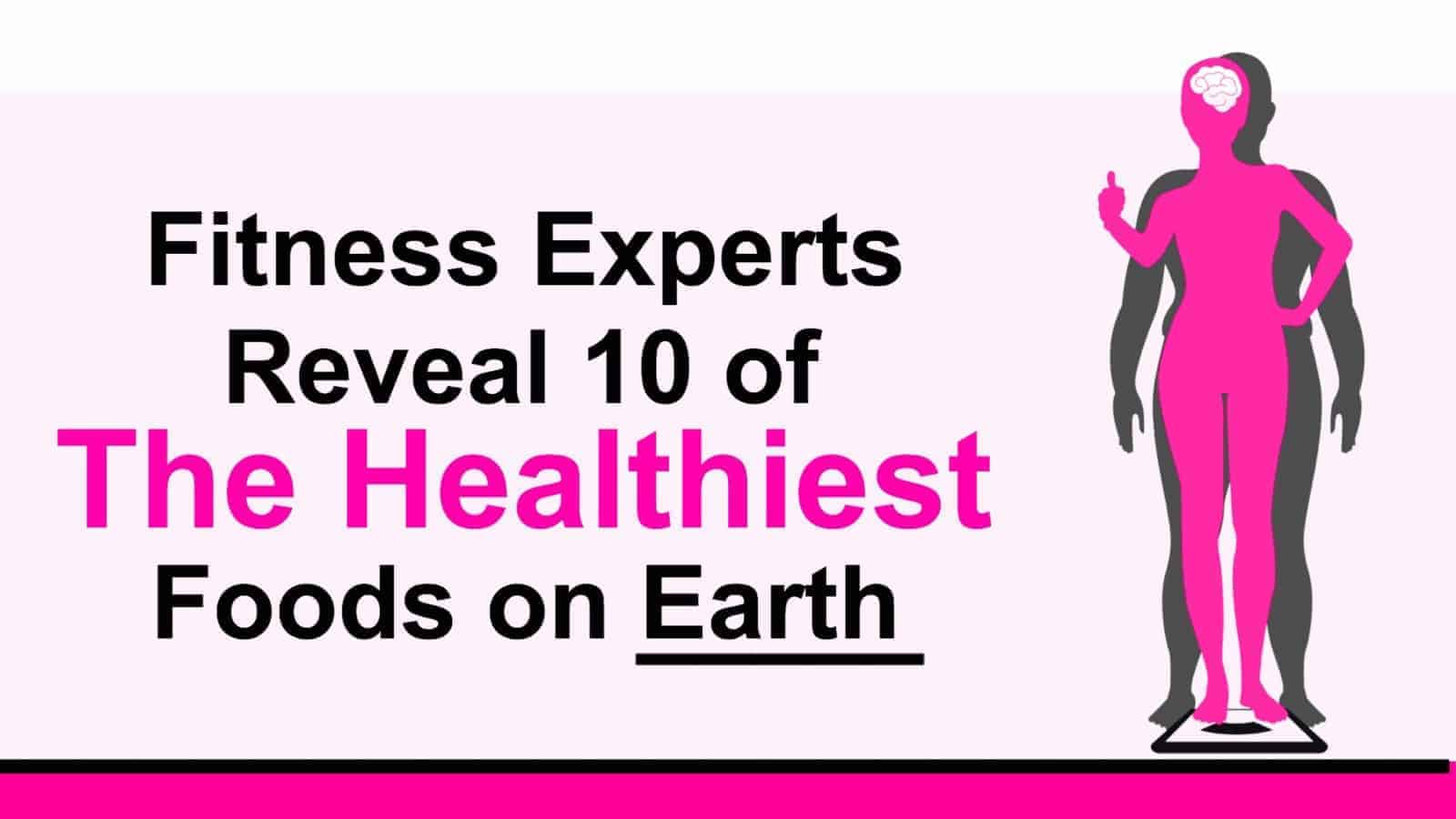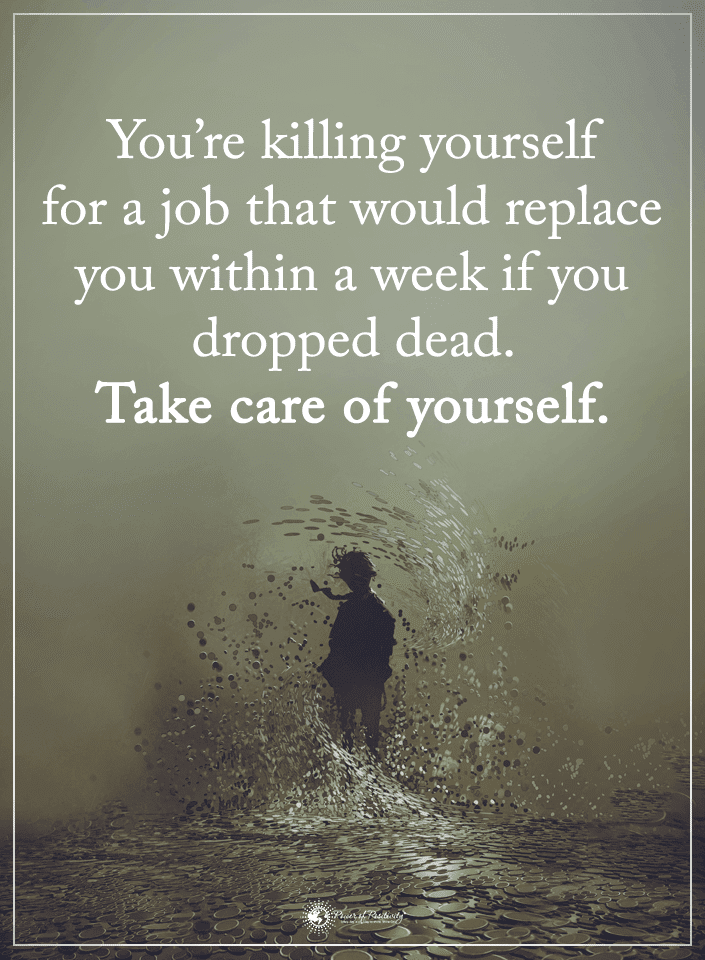Emotions in are mysterious things in life. They’re fallible, yet always in-flux. They make life worth living, yet can claim a life. They’re fleeting, yet can form our inner world. Emotions can be the source of a breakthrough, or a breakdown (including in logic.) Emotions are also contrasting. Love, hate; happy, sad; joyous, sorrowful. Love, our most precious emotion, forms our best memories.
When it comes right down to it, this article’s foundation can be aptly summed up in four words: humans are emotional creatures. You’ll notice, as you peruse through these words, that emotion has to do with just about every part of our experience, both good and bad, on this beautiful planet.
With that said, here are eleven things to know that may just change your life:
“Your assumptions are your windows on the world. Scrub them off every once in a while, or the light won’t come in.” ~ Isaac Asimov
1. Pain is not (necessarily) your enemy
A minority of creatures, including us homo sapiens, experience two types of pain: physical and emotional. With all the splendor our species’ highly-evolved brain has bequeathed, we’ve stumbled into a couple of blind spots.
One such blind spot is the notion that all pain is bad. It isn’t. (Stress isn’t, either.) Pain is simply there to remind us of one of two things: (1) something is amiss, or (2) something is changing.
Pain from a stab wound is bad. Pain from a workout is (or can be) good.
Pain from a partner’s emotional abuse is bad. Using that pain to find your true love is good.
You get the picture.
2. We’ve got things pretty good
Shake our heads we may, but the truth remains: most of us are pretty damn spoiled.
Don’t think so? Let’s try a 2-part experiment:
(1) Go and get a glass of water.
(2) Get back to reading this article.
Now, consider this:
– 1 in 9 people lacks access to safe water. (1 in 3 have no access to a toilet.)
– 1 BILLION people on this planet cannot read (three-quarters are women.)
Perspective matters. Gratitude matters.
3. Focus of attention is key
There are three kinds of attention: inner, outer, and other. Inner focus provides intuition and self-awareness; outer, interaction with the environment, and other, healthy friendships and intimacy.
Being able to switch between these three modes of attention voluntarily is critical to a well-lived, balanced life.
4. Pleasure can quickly become pain
Socrates said, “Worthless people live only to eat and drink; people of worth eat and drink only to live.” This is Socrates way of saying that to live for pleasure is a fool’s errand.
Ever wonder why so many rich people are unhappy? It’s because success without meaning is worthless.
5. Discipline needn’t be harsh
We read the words ‘self’ and ‘discipline’ – and immediately, we cringe. Why? Because we’ve programmed ourselves to believe that discipline is rough and punitive.
Mindful self-discipline – or gently re-directing our attention and actions to where they need to be – is the only type of discipline needed.
6. True love is the answer
Who doesn’t know the famous Beatle’s chorus:
All you need is love, all you need is love…
All you need is love, love…love is all you need
Think about this: love is the answer to nearly every problem the world has ever faced or ever will face. Now, if we would only have the courage to end war, hunger, poverty, discrimination, and hatred…
7. “Evil” is the absence of understanding and/or love
When you think about the worst atrocities in history, the common threat in all of them is an intense hatred – or the absence of understanding and love.
When you think about the evilest people in history: Hitler, Stalin, Mao; all were driven by an intense hatred – an absence of understanding and love.
8. You are never alone
No matter what you may be going through, you are never alone. Whether your source of companionship comes from someone else, a spiritual guide, or the Universe, never feel as if you must navigate this life alone. These feelings are simply not true.
Also, it’s essential to fully understand that someone, somewhere ,wants to hear when things are going wrong. Make sure to reach out.
9. Ignorance is not bliss
Ignorance is not bliss; ignorance is ignorance. Ignorance fuels hatred and causes wars. Ignorance breeds racism. Ignorance pits our human brothers and sisters against each other. Ignorance is corruption and deceit.
Ignorance is many things – bliss isn’t one of them.
10. “It’s the destination…”
“It’s the destination, not the journey.” A bit cliché, yes, but among life’s most invaluable words of advice. None of us get into a good book only to skip to the end. None of us get drawn into a soul-touching, enthralling movie and think “When’s this gonna end?”
So, why the heck treat our precious life any differently?
11. Death may not be the end
The French Philosopher, Pierre Teilhard de Chardin said: “We are not human beings having a spiritual experience. We are spiritual beings having a human experience.”
While de Chardin may not have known some of the things humans have in common with the Universe: stardust and human composition; the brain and quantum activity … he may be (probably was?) onto something.
https://youtu.be/eltx2WGABkw

